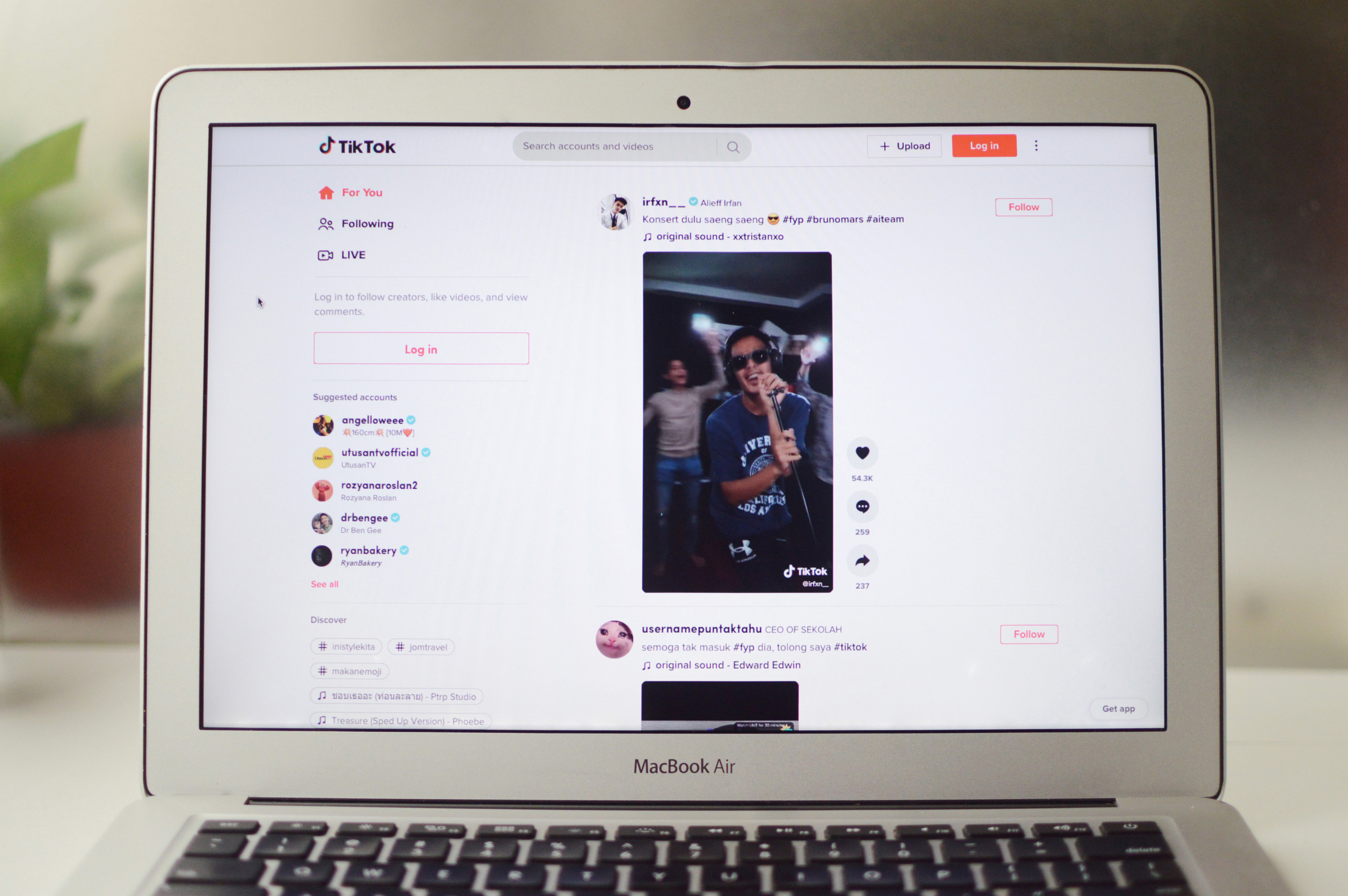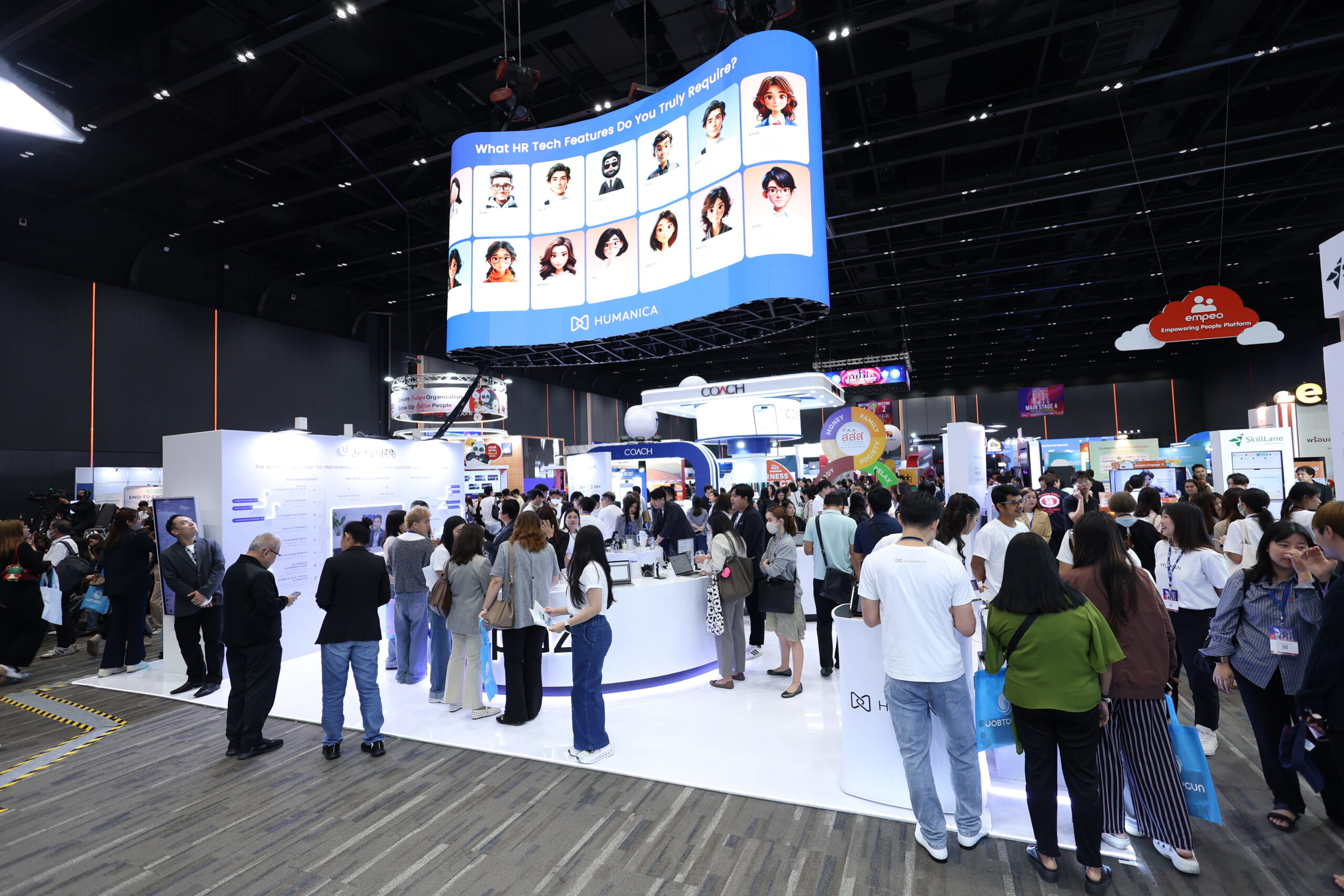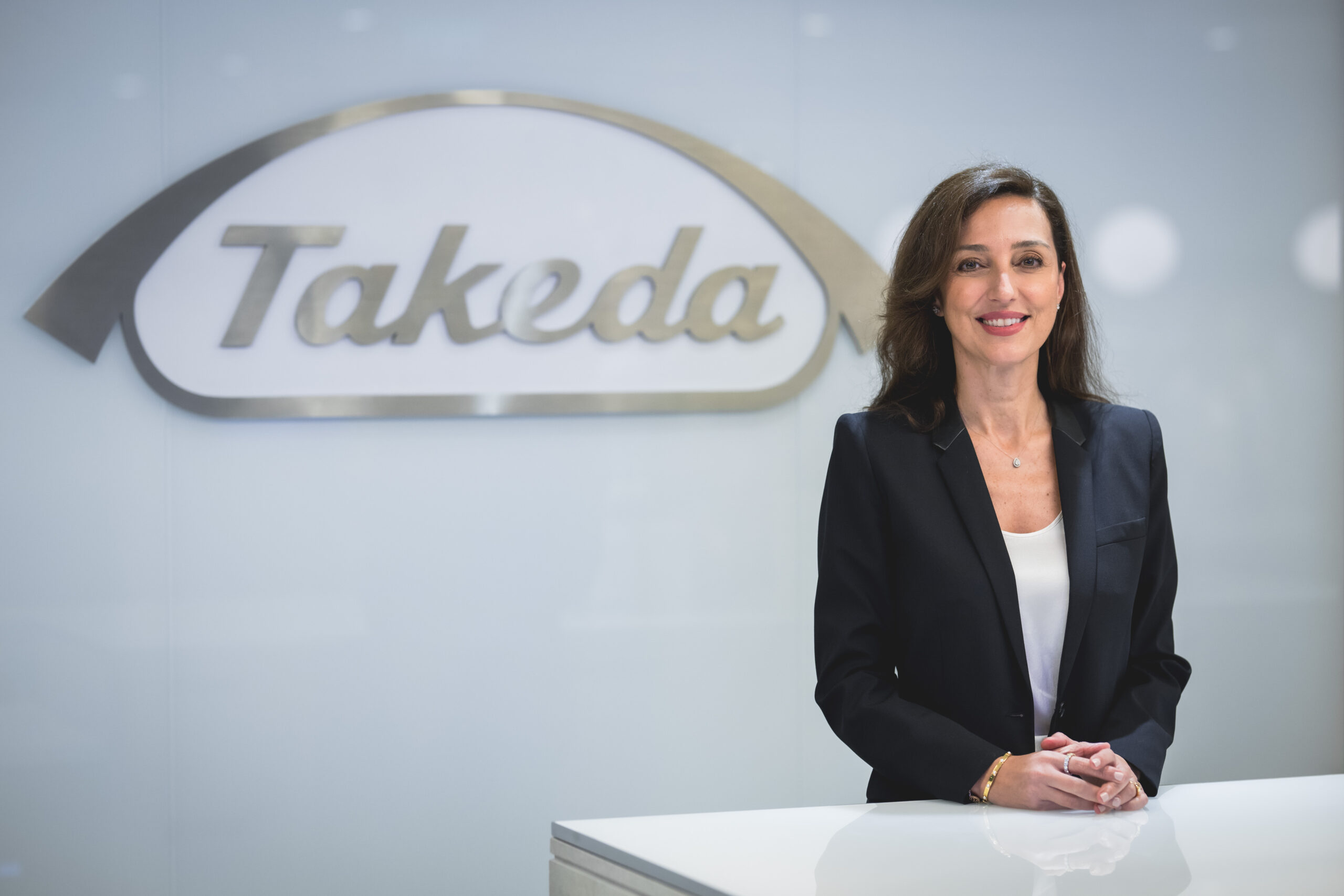Why flexible work is the cornerstone of Mediacorp’s evolving workplace culture
- Shawn Liew
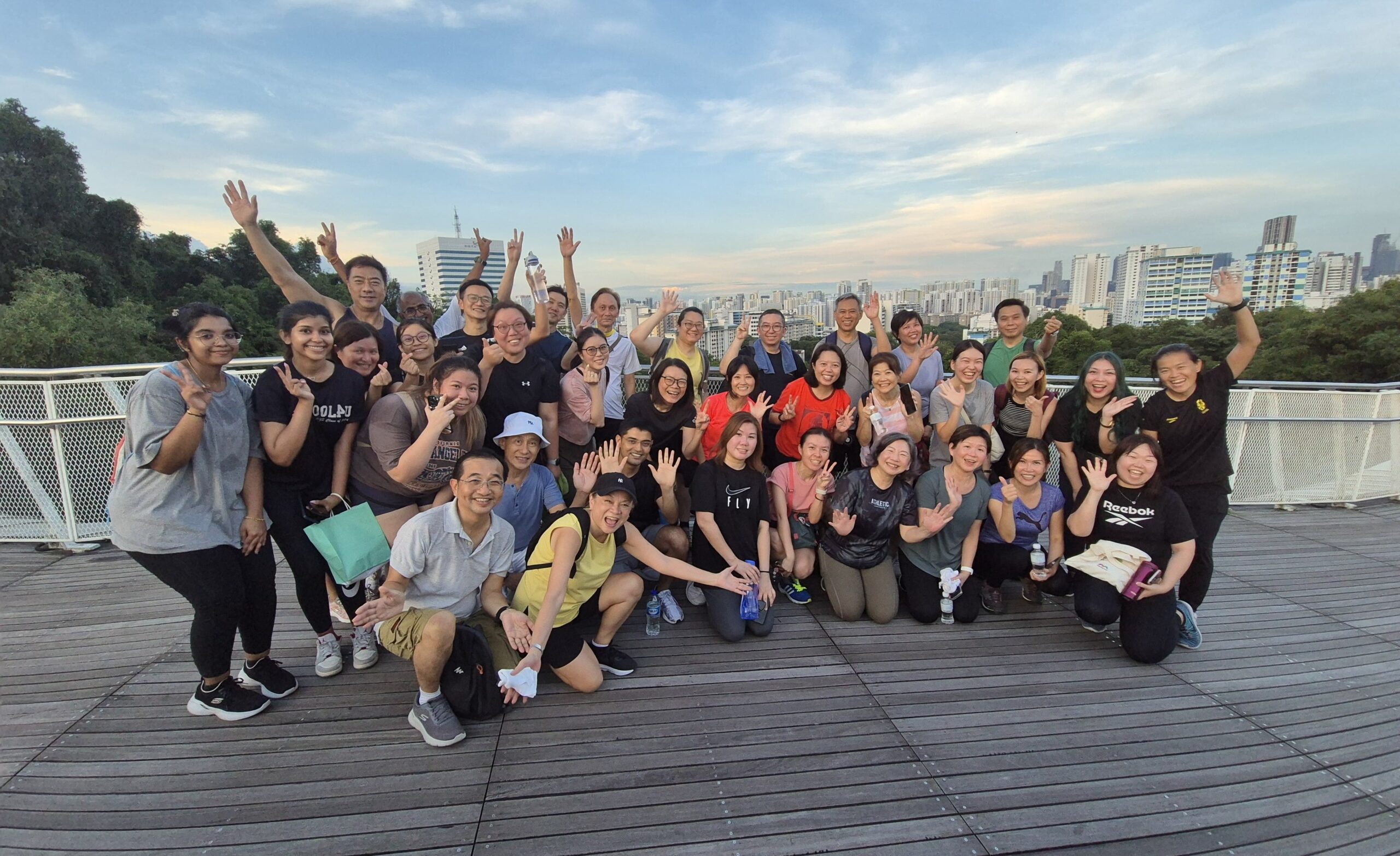
As a leading HR leader with more than 20 years of experience in human capital management (HCM) and organisational/cultural change, Lilian Tan, CHRO of Singapore’s national media network Mediacorp, has witnessed significant shifts in the way organisations work.
Yet, she does not hesitate to describe flexible work arrangements, such as hybrid work, as one of the most transformational workplace changes in recent years.
Speaking with HRM Magazine Asia, she said, “Remote and hybrid work models have redefined the traditional work-life balance, allowing employees greater flexibility to manage their personal and professional lives, which has led to increased job satisfaction and wellbeing.”
“The shift to remote and hybrid work has also enabled some organisations to tap into a global talent pool, breaking down geographical barriers and fostering more diverse and inclusive workplaces that drive innovation and creativity.”
There are also inherent challenges, not least in maintaining organisational culture and cohesion for both remote and on-site employees.
Tan offered, “The transition necessitates a shift in leadership and management styles, with leaders now focusing on outcomes rather than processes and developing new skills to manage remote teams effectively.”
While the reduction of physical office space has provided significant cost savings, organisations have had to redesign office spaces to support collaboration and innovation. For those engaging remote employees across borders, they must also navigate the complexities in tax compliance and regulatory requirements.
“The transition to remote and hybrid work models has had profound impact on the way we work. It has reshaped organisational structures, employee expectations, and the very nature of work itself,” said Tan.
Mediacorp’s people-oriented approach to flexible work in Singapore
From December 1 this year, all employers in Singapore must fairly consider formal requests from employees for flexible work arrangements under the Tripartite Guidelines on Flexible Work Arrangements (FWAs).
While some employers may be genuine about offering FWAs, the transition can be a challenging one.
Tan explained, “Employers need to ensure operational continuity while accommodating various FWA requests, and how they can balance flexibility with maintaining productivity and meeting business goals. They must assess which roles can be effectively performed under FWAs without compromising performance and output.”
The biggest challenge, however, is changing deeply entrenched mindsets. In traditionally structured organisations, fostering a culture of trust and accountability can be an uphill task. Leaders need to consider how measures can be introduced to address potential abuses of FWAs by a few individuals, while maintaining overall trust across the organisation, said Tan.
Where employees are concerned, while the benefits of FWAs have been well-documented, the drawbacks cannot be ignored either.
Employees who cannot draw the line between work and personal life risk potential stress and burnout and may fear that opting for FWAs could negatively impact their career progression and visibility within the organisation.
The onus, said Tan, is on organisations to ensure that all employees have equal advancement opportunities and access to tools and resources they need to succeed in a remote setting.
She continued, “Effective communication and collaboration can be challenging in a flexible work environment, requiring employees to adapt to new ways of working and remain connected with their teams.”
“Building trust and demonstrating accountability in a flexible work setting can be difficult, as employees must show that they can be productive and reliable, even when not physically present in the office. Addressing these challenges requires a collaborative approach, clear communication, and a commitment to fostering a supportive and flexible work culture.”
To be an employer of choice that offers an attractive work environment, Mediacorp adopts a people-oriented approach to flexible work that focuses on employee engagement and understanding individual needs.
This includes regularly conducting surveys to gather insights into employee preferences and satisfaction with current work arrangements. Open lines of communication between employees and management are maintained to address concerns and suggestions promptly.
“By offering flexible work options tailored to individual roles and responsibilities, Mediacorp ensures that employees have the flexibility they need, and our constant solicitation of feedback ensures that arrangements work best for the broader benefit of each team,” shared Tan.
Mediacorp’s decision to provide employees with the flexibility to manage how and whether to work from home of office also stems from the trust that starts with respecting employees’ autonomy.
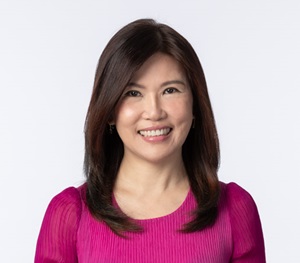
“In a hybrid set up, we trust our people to focus on delivering outcomes rather than clocking the hours. This empowers our teams to take ownership of their work, fostering accountability and reinforcing a culture where staff feel valued, trusted, and invested in the organisation’s growth.”
While tech giants continue to introduce return-to-office (RTO) mandates, Tan believes that a hybrid work approach represents the best option to create a more inclusive and equitable work environment.
“Hybrid work balances the need for flexibility with the benefits of in-person collaboration and is particularly effective for organisations aiming to foster innovation while respecting employee autonomy,’ she said. “It allows businesses to maintain culture and collaboration with giving employees the freedom to manager their time and productivity.”
To ensure business continuity and sustainability, hybrid work is also a useful tool to attract younger generations of employees and grooming them to be tomorrow’s leaders.
Gen Z and younger millennials, observed Tan, value flexibility, autonomy, and work-life balance, which hybrid work supports. These digital natives are comfortable working remotely and often prioritise personal wellbeing and purposeful work environments over rigid structures.
Conversely, they also appreciate the opportunity to connect and collaborate in person when needed, making hybrid work the most attractive option for them, said Tan. “This approach respects the preference of a diverse workforce, helping retain talent and increase engagement across different age groups.”
While acknowledging that some business environments require employees to always be physically onsite – live broadcasting in Mediacorp’s instance – she advocates for organisations to find flexibility in non-operational roles, including administration, HR, and marketing.
“This balance acknowledges the realities of operational demands while still accommodating the evolving expectations of today’s workforce, who highly value flexibility but also appreciate structure where it’s necessary.”
How HR can drive transformational change in 2025
As organisations look ahead to 2025, it is forward-looking leaders who will play a key role in driving transformational change.
Analysing the key challenges and opportunities facing HR leaders in 2025, Tan highlighted, “Embracing AI and automation is crucial for streamlining HR processes, enhancing decision making, and improving employee experiences. Utilising people analytics to make informed decisions about talent management, employee engagement, and organisational development will provide another key opportunity.”
READ MORE: HR 2025: Bridging generations, transforming workplaces
A people-oriented approach will also continue to drive and motivate the best leaders, as they recognise why prioritising diversity, equity, and inclusion (DE&I) initiatives is essential to create more inclusive workplace, which involves addressing unconscious biases, promoting diverse hiring practices, and fostering an inclusive culture.
They are also likely to invest in their people through continuous learning and development (L&D) programmes to equip employees with the skills needed for the future of work. Holistic wellbeing programmes such as wellness programmes and mental health support will further address employees’ physical, mental, and emotional health.
“Finally, developing robust policies and practices to support flexible work models ensures that all employees feel connected and engaged, whether they are in-office or working from home,” she concluded.




